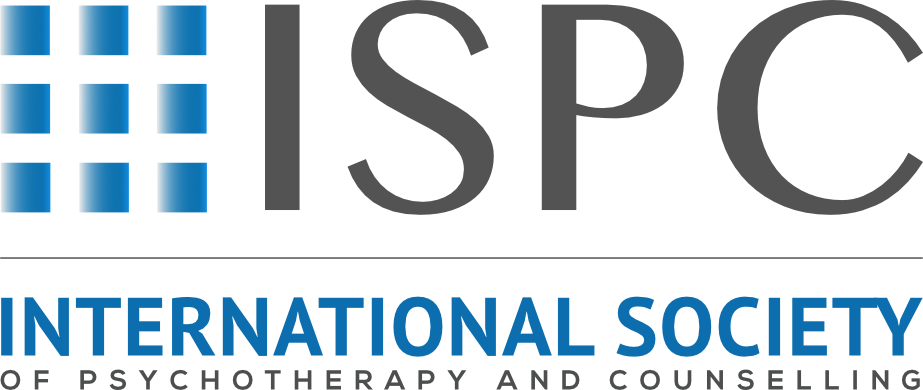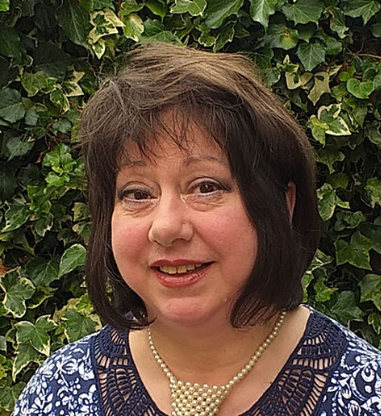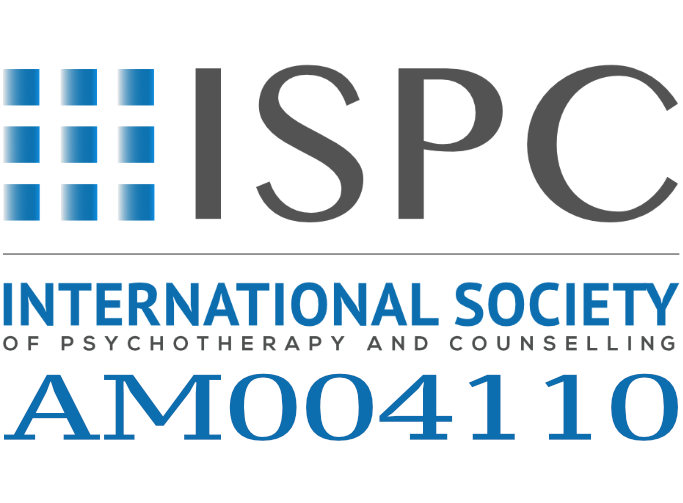“We are all in the gutter but some of us are looking at the stars” Oscar Wilde
“No-one can make you feel inferior without your consent” Eleanor Roosevelt
“Life is like riding a bicycle, to keep your balance, you must keep moving” Albert Einstein
My practice is called Pagoda Counselling as I’m inspired by the architecture of the pagoda; with its strong central core it can withstand an earthquake…I liken your self-esteem, value, worth & resilience to being your central core… and no matter your presenting issue, what troubles you when seeking help, invariably it is revealed that self-esteem, value, worth & resilience plus confidence can benefit from being strengthened.
This Counsellor truly believes that if you really wish to be emotionally nurtured to overcome what troubles you, ability to pay more than is possible should not exclude you from receiving help to enable you to reach what you are capable of achieving – a limited number of places are available at a concessionary rate, please call to discuss the nature of what troubles you…
It is understood that it is not possible to lead another beyond a point you have reached yourself which maybe leads back to having a broad life experience; through academia; pressurised work environment in private, public & charitable sectors; caring for a loved-one; surviving domestic abuse and living with a life-limiting heart condition diagnosis…I am a living example of resilience, well-placed to empathise, to help you feel heard & understood but nurturing you to reach & follow your own pathway towards your goals…
An Integrative Person-Centred Counsellor is driven by what you, as Client brings to a session which means a plan is more of a trajectory over 6, 12 or more sessions, depending on the complexity of the presenting issue, circumstances.
TYPICAL SESSION FLOW
Firstly, after agreeing to undertake Sessions, following an initial introductory call, if wished both Client & Counsellor will agree to contract / agree ground rules so both parties are clear regarding what they expect, anticipate but remembering that nothing happens without your agreement –
THE TYPES OF THERAPY OFFERED
Your Counsellor will aim to make you feel at ease to open up and say what troubles you – your Counsellor will be listening , aiming to understand your perspective…Your Counsellor may well reflect back a potentially different understanding to encourage an alternative, more helpful understandings or beliefs whilst supporting you to consider alternatives…
Once what has happened is understood, both Client & Counsellor will consider tools which may tried & practiced to assist building emotions, skills which will help you overcome what has troubled you…
For example, tools or approaches used within the ‘vast array of tools in a Counselling Toolbox’ referred to in a reference from a prominent employer (available upon request) includes:
* Calming techniques, e.g. breathing exercises, guided imagery
* Reflecting back alternative understandings to encourage more helpful & evidence based understandings
* Affirmations to encourage positive thinking, own thoughts & resilience
* Bringing to realisation what you actually believe rather than what others have told you
* Developing skills to reduce the heat of conflict by developing the ability to ‘Challenge rather than Confront’
* Developing the skill of knowing and communicating what is ‘Acceptable & Unacceptable’ to you which will help to reduce stress, going forward
* Empty Chair can be helpful for people who cannot say what they wish to another, in person
* Dialectical Behaviour Therapy (a form of CBT) has proven very helpful, especially when seeking to overcome conflict, aggression as indicated by Harvard research published in 2023. The clear frameworks offered are helpful to Clients; can be readily grasped, tried and positive results felt.
* Neurolinguistic Programming (NLP) focus on asking if x decision is likely to help lead you towards a long-term goal can help decide on a course of action
* CBT to help guide, practice understanding that our immediate, automatic thoughts impact how we feel can be helpful in developing a more helpful thought process but, from a Person-Centred experience it is necessary to resolve the original hurt which triggered unhelpful thinking before reinforcing with CBT…Clinical experience is that Clients who have had CBT elsewhere, without the original wound being healed, return to therapy again – CBT without the original trigger being overcome is like bandaging a wound without cleaning it first…
* Bradshaw’s ‘working with the wounded inner child’ has been helpful in assisting people who have experienced trauma within childhood & teenage years
WHAT I HAVE HELPED WITH / CLIENT ISSUES BROUGHT TO COUNSELLING include:
* Depression
* Anxiety
* Intrusive Thoughts
* Seeking better coping skills to live with Neurodiversity (e.g. Dyslexia, Autism Spectrum, ADHD)
* Grief
* Learning to cope with life-changing health conditions
* Anger Management Issues
* Surviving bullying
* Trauma in Childhood
* Relationship Issues
* Sexuality confusion
* Early stage Eating Disorder, Anorexia
To discuss if we could work together to overcome what troubles you, please call for a 20 min free introductory consultation



